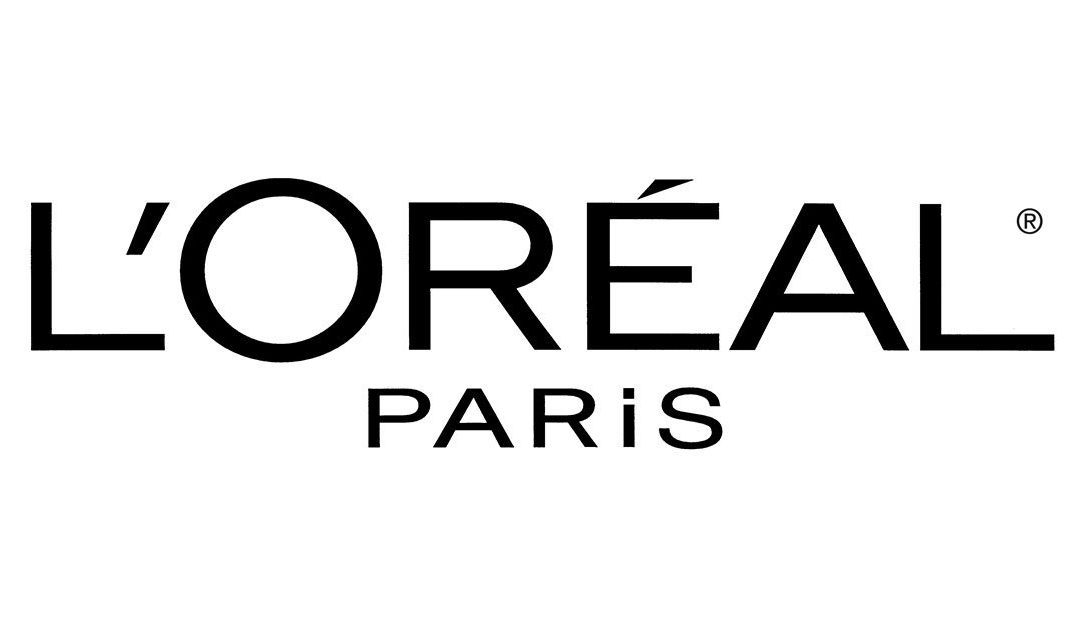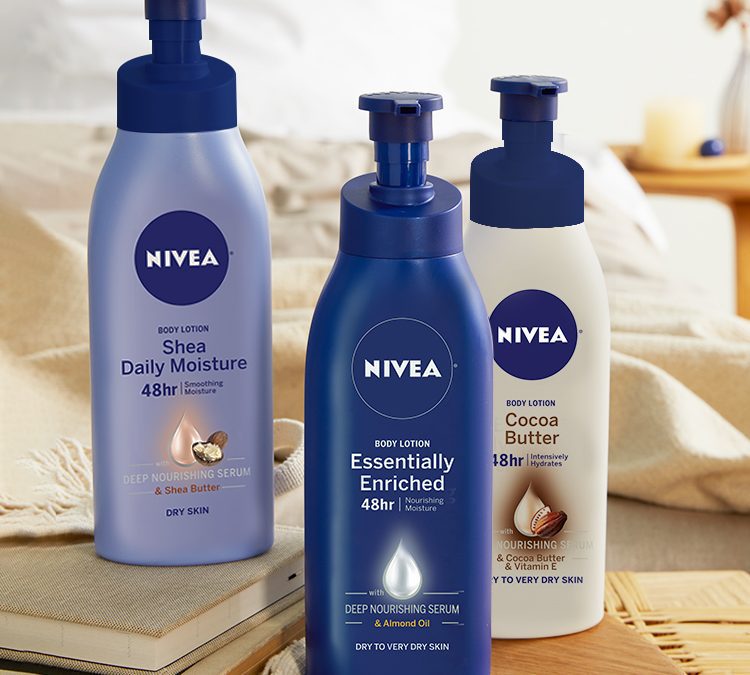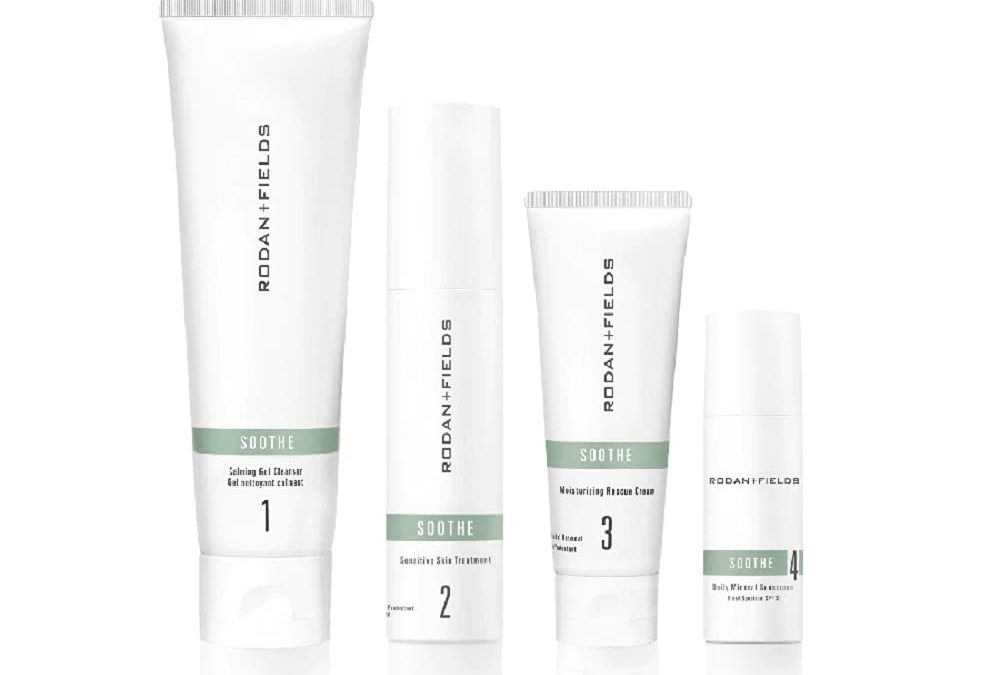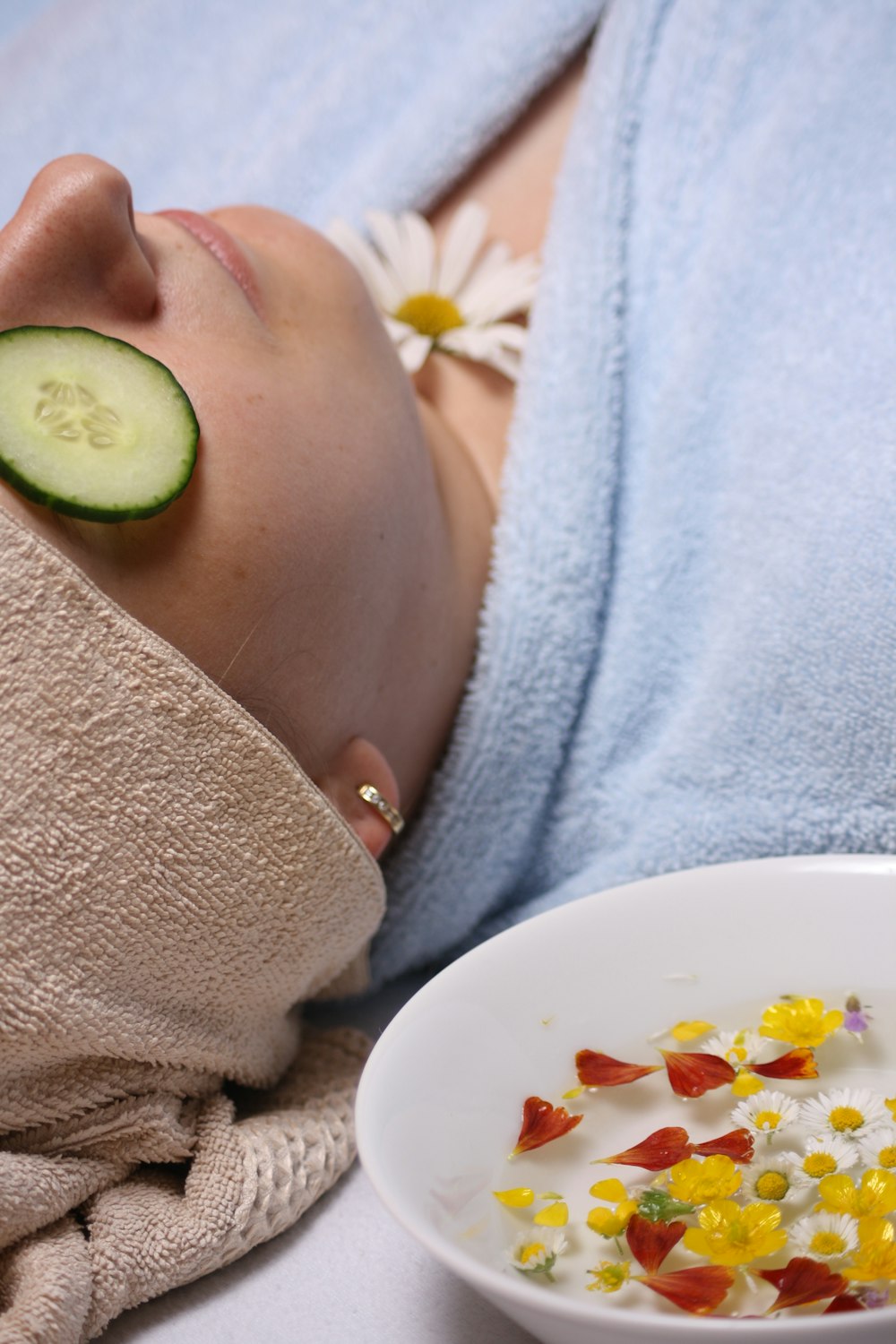How To Exfoliate Sensitive Skin

written by nail expert Jess Rowley
Everything you need to know about exfoliating
When it comes to skincare, there are many steps, but one of the most important, even if sometimes forgotten, is exfoliating your skin. Exfoliating for sensitive skin isn’t straightforward, from harsh products to skin that gets easily irritated, it’s a challenge. How to know if you have sensitive skin is the first step.
Just like other skin types, sensitive skin, needs a good skincare routine, and that includes the all-important step of exfoliating. But what is exfoliating? How do you exfoliate for sensitive skin? Whether you use a sugar scrub or direct acids, exfoliating the right way is key to getting happy, healthy skin.
Guess what.
I’m going to tell you exactly how to exfoliate your skin. First, you need to know what is sensitive skin and how to care for sensitive skin as there’s a lot to learn about this skin type. I’ll be giving you all my tips on how to exfoliate your skin for sensitive skin so you can avoid skin sensitivity and help it heal.
If you want to find a good skincare routine for sensitive skin, then check out the best skincare for sensitive skin. Finding the right skincare products that don’t irritate your skin can take a bit of trial and error, but it will make the difference between irritated, unmanageable skin and glowing healthy skin.
Follow these steps to get glowing skin!
Chemical Exfoliation
This is my favorite way of exfoliating the skin, especially if it is sensitive. Unlike a physical exfoliant that you have to manually scrub to get rid of skin cells, chemical options work on their own. They often come in a liquid or cream form, and you simply apply it to your face and let them work. If you have sensitive skin you need to be careful as they can be quite strong. Chemical exfoliators such as hydroxy acids work by dissolving connections between the cells so dead skin cells can be shed. I’d recommend alpha hydroxy acids or glycolic acid to exfoliate or poly hydroxy acids for more sensitive skin types. Some people like to use a retinol for similar results.
Physical exfoliating
These are your scrubs and loofahs. They can be very abrasive, which is why i don’t recommend them, but it can be beneficial because you control how hard you scrub your face. You can choose to do a light scrub and if your skin gets irritated you simply wash it off, which is not so easily done with acids.
How to exfoliate sensitive skin at home
If you want to safely exfoliate your skin you don’t need to get an expensive treatment at a dermatologist. Chemical exfoliants are used simply by applying a small amount to your face and massaging in circular motions and then rinsing. Some are toners that you apply on a cotton and leave it on. Always top up with a moisturizer.
Follow some of these golden rules of skincare BootCamp to look after your skin and exfoliate it without damaging it.
Use Skin Smoothing ingredients
If you have sensitive skin, you don’t want to grab the strongest product on the shelf promising instant results. Many exfoliating products are very harsh on the skin and can do way more damage than good. I’m talking about acne, clogging pores and strong active ingredients in skin care products such as direct acids or retinols that can cause purging.
What is purging? This happens when s product with active ingredients bring up active blemishes to the skin’s surface to speed up cell turnover. That means your skin tends to get a lot worse before it gets better.
One of the best ways of exfoliating sensitive skin is by using a chemical exfoliant in your daily routine. With sensitive skin, whatever product you decide to incorporate in your skincare routine you need to start slow. With exfoliating, it’s a good idea to start using it once a week, and then building up as your skin begins to tolerate it.
Go for products with gentle and balancing formulas that prevent irritation. Scan the ingredients list for chamomile, sea whip extract, azulen or white tea as they are very soothing to the skin. Fruit enzymes and natural ingredients like cocoa butter or licorice extract can be great when paired with salicylic acid rather than a face scrub.
I wouldn’t recommend using a face scrub, but for a gentle option, you can use one with jojoba beads. Rather than cut the skin, they are smooth and can help buff away the dead skin cells without causing any abrasions.
Avoid harmful ingredients
When you use products containing acids, the higher the percentage of acid, the more likely it will irritate your skin. For those with sensitive skin, you will want to start with a low percentage, for example 2-5% for alpha hydroxy acids. More than this can trigger your skin, and less will not be effective for exfoliation.
As tempting as it is to reach for that pink scrub, avoid physical exfoliators. That includes exfoliating gloves, brushes, or sponges and loofahs. For sensitive skin, it can be too harsh and end up rubbing the skin and even tearing it.
Always make sure to read the labels on your products to avoid common irritating ingredients. If you have a skincare routine, tailor it to your sensitive skin by avoiding products containing sulfates, synthetic dyes and oils, fragrance or parfum as well as drying alcohols. They can often be the culprit when it comes to dry skin and irritation.
Invest in the right tools
Now and then it’s good to treat yourself to an at home spa session. One of the essentials I love to use in my routine is a facial steamer. Unlike most people think, they don’t open or clean out pores, but they help to soften any hardened oil that is trapped in your skin. Using heat and moisture helps to remove blockages without damaging or irritating your skin. I’d recommend using a face steamer once a week to deep clean your face.
Another great technique to exfoliate gently is by using ultrasonic exfoliation. Ultrasonic waves are used to clear the skin and unclog pores, by penetrating the skin gently. You can use the tool in hard to reach places by angling it to use on the chin or around your nose to get remove any dirt and also blackheads. You’ll notice softer, cleaner, and glowing skin when using it once a week.
To get this treatment done, it’s best to see a specialist for an ultrasonic or steaming treatment. You can also use a home device but these tend to be weaker and you need to ensure you use it carefully. As usual, watch out for any reactions.
Don’t over-exfoliate
Less is definitely more when it comes to exfoliating, especially if you have sensitive skin. What you use to exfoliate, and how strong it is will determine how often you use it. An exfoliating toner can be used daily, or less often if your skin gets irritated. What happens when you over exfoliate is that you strip away the layer of dead skin cells on the surface. This can help renew the skin, but over-exfoliating can begin to remove the protective layer that keeps your skin healthy. Over stripping your skin cells can actually increase your skin sensitivity, so don’t overdo it.
If you realize you may have over exfoliated and caused damage to the skin barrier, stop exfoliating for a couple of weeks to repair your skin. After your skin has healed and rebuilt this protective layer, you can start using exfoliants again slowly.
If you use at home exfoliating treatments such as face masks or other tools, then you don’t want to use them too often. Ideally, you should use them every one or two weeks, depending on how your skin deals with it.
Final Thoughts
Removing dead skin cells sounds gross, but it’s the only way to get glowing skin. There are many safe exfoliators for sensitive skin, including beta hydroxy acids, glycolic and lactic acids to dissolve dead skin cells.
Whether you use salicylic acid, lactic acid such as the ordinary lactic acid, or glycolic acid, they’re ideal for sensitive skin types or for oily skin. If you need extra hydration, use hyaluronic acid after exfoliating to prevent dull skin. There are many cosmetics gentle peeling exfoliant, and other chemical exfoliants, but check with a board certified dermatologist if your skin is very sensitive as they can irritate skin.
Lactic and glycolic acids or alpha hydroxy acid remove dead skin cells and clear clogged pores, soften skin and gently smooth, but won’t irritate sensitive skin.
Alpha hydroxy acids ahas can be found in a chemical peel or gentle exfoliator. Exfoliating acids tend to be better than physical exfoliants as they gently exfoliate and even skin tone, fade dark spots better than a mechanical exfoliation. Remember, go for hydrating ingredients without artificial fragrances that are causing redness in skin care products. Treat sensitive skin according to how it reacts, always wear spf and gently slough on your exfoliator in circular motions!

Best L’Oreal Products For Men
[Review] in 2022 written by nail expert Jess RowleyCheck out the results fast - here are our review winners[dica_divi_carousel item_width_tablet="400px" item_width_phone="345px"...

Best Neutrogena Skincare Products
[Review] in 2022 written by nail expert Jess RowleyCheck out the results fast - here are our review winners[dica_divi_carousel item_width_tablet="400px" item_width_phone="345px"...

Best Nivea Products For Men
[Review] in 2022 written by nail expert Jess RowleyCheck out the results fast - here are our review winners[dica_divi_carousel item_width_tablet="400px" item_width_phone="345px"...

Best Rodan+ Fields Products
[Review] in 2022 written by nail expert Jess RowleyCheck out the results fast - here are our review winners[dica_divi_carousel item_width_tablet="400px" item_width_phone="345px"...





